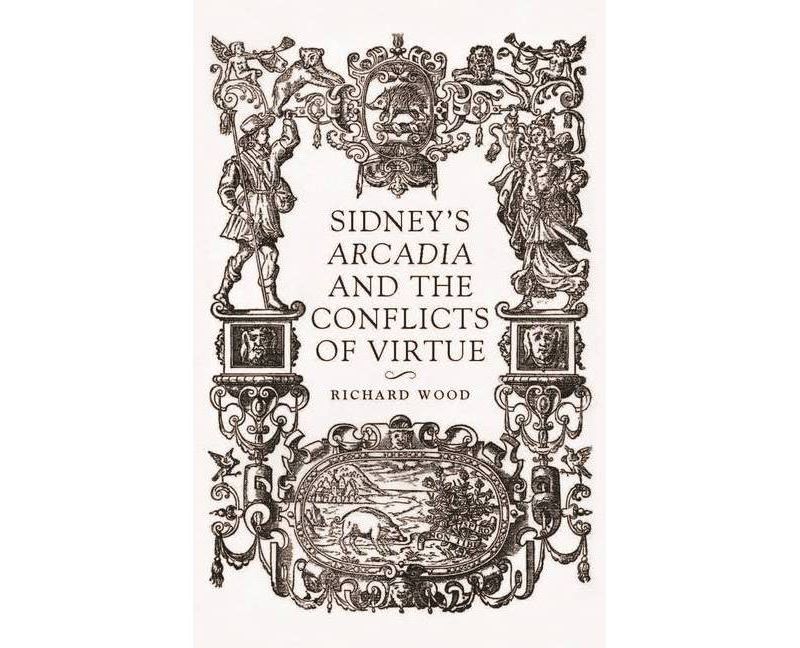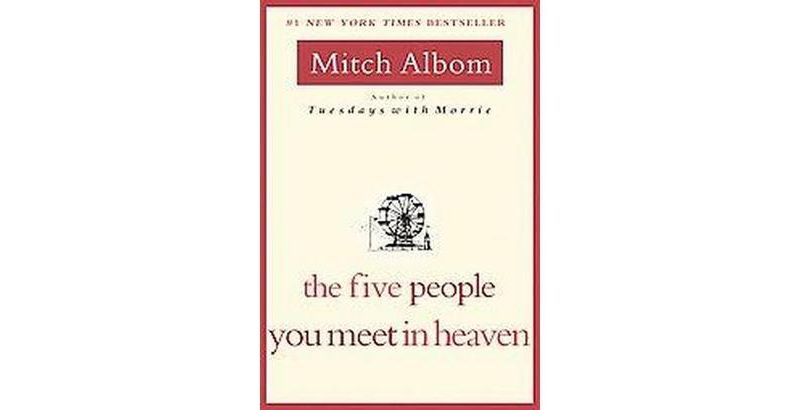- Clothing, Shoes, Jewelry & Watches
- Home, Garden, Outdoor & Pets
- Electronics
- Audio, Video & Portable Devices
- Cables
- Adapters & Gender Changers
- Headsets, Speakers & Soundcards
- Power Protection
- 3D Printing
- Video Cards & Video Devices
- Tools & Components
- Sound Cards
- Alternative Energy
- Barebone / Mini Computers
- SSDs
- Accessories
- Mobile Accessories
- Storage Devices
- Personal Care
- Healthcare
- Home Theatre Systems
- Laptops, Computers & Office
- Speakers & Audio Systems
- Tech Services & Support
- Projectors, TVs & Home Theater
- Wi-Fi & Networking
- Cell Phones
- Electronics Deals
- Headphones
- Tablets & E-Readers
- Digital Cameras
- Home Phones
- Tech Accessories
- Electronics Sanitizing & Cleaning Supplies
- Smart Home
- Batteries, Power Banks & Chargers
- Wearable Technology
- GPS & Navigation
- Movies, Music, Books & Games
- Luggage
- Bible Covers
- Briefcases
- Camo
- Coolers
- Toiletry Bags
- Tote Bags
- Backpacks
- Carry-on Luggage
- Checked Luggage
- Lunch Bags
- Travel Accessories
- Luggage Deals
- Laptop Bags & Briefcases
- Kids' Luggage
- Duffels & Gym Bags
- Suitcases
- RFID Blocking Luggage & Travel Accessories
- Luggage Sets
- Mens' Luggage
- Handbags
- Accessories
- Outdoor
- Beauty Luggage
- Travel Totes
- Garment Bags
- Weekenders
- Messenger Bags
- Beauty & Health
- Category List
- Clothing, Shoes, Jewelry & Watches
- Home, Garden, Outdoor & Pets
- Electronics
- Audio, Video & Portable Devices
- Cables
- Adapters & Gender Changers
- Headsets, Speakers & Soundcards
- Power Protection
- 3D Printing
- Video Cards & Video Devices
- Tools & Components
- Sound Cards
- Alternative Energy
- Barebone / Mini Computers
- SSDs
- Accessories
- Mobile Accessories
- Storage Devices
- Personal Care
- Healthcare
- Home Theatre Systems
- Laptops, Computers & Office
- Speakers & Audio Systems
- Tech Services & Support
- Projectors, TVs & Home Theater
- Wi-Fi & Networking
- Cell Phones
- Electronics Deals
- Headphones
- Tablets & E-Readers
- Digital Cameras
- Home Phones
- Tech Accessories
- Electronics Sanitizing & Cleaning Supplies
- Smart Home
- Batteries, Power Banks & Chargers
- Wearable Technology
- GPS & Navigation
- Movies, Music, Books & Games
- Luggage
- Bible Covers
- Briefcases
- Camo
- Coolers
- Toiletry Bags
- Tote Bags
- Backpacks
- Carry-on Luggage
- Checked Luggage
- Lunch Bags
- Travel Accessories
- Luggage Deals
- Laptop Bags & Briefcases
- Kids' Luggage
- Duffels & Gym Bags
- Suitcases
- RFID Blocking Luggage & Travel Accessories
- Luggage Sets
- Mens' Luggage
- Handbags
- Accessories
- Outdoor
- Beauty Luggage
- Travel Totes
- Garment Bags
- Weekenders
- Messenger Bags
- Beauty & Health
- Baby & Toys
- Sports & Outdoors
- School & Office Supplies
- Breakroom & Janitorial Supplies
- Diaries
- Utility & Stationary
- Pens & Pencils
- Teacher Supplies & Classroom Decorations
- Paper
- Markers
- Binders
- School Supplies
- Packing & Mailing Supplies
- Tape, Adhesives & Fasteners
- Boards & Easels
- Crayons
- Desk Organization
- Pencils
- Filing & Organizers
- Journals
- Pens
- Labels & Label Makers
- Tools & Equipment
- Calendars
- Sticky Notes
- Notebooks
- Erasers & Correction Tape
- Pencil Cases
- Planners
- Retail Store Supplies
- Highlighters
- Locker Accessories
- Cute School Supplies
- School & Office Accessories
- Food & Grocery
- Shops All
- Unique-Bargains
- Cool cold
- Wesdar
- i-Star
- CoCoCo
- Targus
- Cooling Device Accessories
- Xtrike Me
- Tech/Gaming
- Gift Cards
- Women's Accessories
- Flash
- Men's Clothing
- Gift Ideas
- Brand Experiences
- Sale on Select School & Art Supplies
- Jewelry
- Featured Brands
- Nursing Items
- Storage
- Men's Shoes
- College
- School & Office Supplies
- Bullseye's Playground
- PRIDE
- Women's and Men's Shoes & Accessories
- Holiday Trees, Lights & More Sale
- Women's Dresses
- Gingerbread
- Caregiver Essentials
- Baby Bath
- select School Supplies
- Doorbusters
- Bedding & Bath
- Women's Sandals
- Sandals for the Family
- Men's Accessories
- Shops All
- One-day Easter sale
- select Health Items
- Friendsgiving
- Women's Tops, Shorts & Shoes
- Made By Design Organization
- Baby Mealtime
- For New & Expecting Parents
- Crayola Kids' Daily Deal
- Spritz Party Supplies
- Wellness Icon Glossary
- Our Generation Dolls & Accessories Kids' Daily Deal
- select Home items
- Mas Que
- Baby Apparel
- Children's Board Books Kids' Daily Deal
- Select Office Furniture
- Most-added Wedding Registry Items
Buy Sidney's Arcadia and the Conflicts of Virtue - by Richard James Wood (Hardcover) in United States - Cartnear.com
Sidney's Arcadia and the Conflicts of Virtue - by Richard James Wood (Hardcover)
CTNR703316 09781526136466 CTNR703316$ 129.36 $ 132.00 2% Off
*Product availability is subject to suppliers inventory
SHIPPING ALL OVER UNITED STATES
100% MONEY BACK GUARANTEE
EASY 30 DAYSRETURNS & REFUNDS
24/7 CUSTOMER SUPPORT
TRUSTED AND SAFE WEBSITE
100% SECURE CHECKOUT
Genre: Literary Criticism
Sub-Genre: General
Format: Hardcover
Publisher: Manchester University Press
Age Range: Adult
Author: Richard James Wood
Language: English
About the Book
Wood reads Philip Sidney's New Arcadia in the light of the ethos known as Philippism after the followers of the Protestant theologian, Philip Melanchthon. He uses a critical paradigm previously used to discuss Sidney's Defence of Poesy and narrows the gap often found between Sidney's theory and literary practice.Book Synopsis
Wood reads Philip Sidney's New Arcadia in the light of the ethos known as Philippism after the followers of Philip Melanchthon the Protestant theologian. He employs a critical paradigm previously used to discuss Sidney's Defence of Poesy and narrows the gap that critics have found between Sidney's theory and literary practice. This book is a valuable resource for scholars and researchers in the fields of literary and religious studies. Various strands of philosophical, political and theological thought are accommodated within the New Arcadia, which conforms to the kind of literature praised by Melanchthon for its examples of virtue. Employing the same philosophy, Sidney, in his letter to Queen Elizabeth and in his fiction, arrogates to himself the role of court counsellor. Robert Devereux also draws, Wood argues, on the optimistic and conciliatory philosophy signified by Sidney's New Arcadia.
From the Back Cover
This book reads Philip Sidney's New Arcadia in the light of the ethos known as Philippism after the followers of Philip Melanchthon the Protestant theologian. It employs a critical paradigm previously used to discuss Sidney's Defence of Poesy and narrows the gap that critics have found between Sidney's theory and literary practice. It is a valuable resource for scholars and researchers in the fields of literary and religious studies. Like the Philippists, open to the ideas of humanist scholarship, Sidney draws his philosophical precepts from an eclectic mix of sources. Various strands of philosophical, political and theological thought are accommodated within the New Arcadia, which conforms to the kind of literature praised by Melanchthon for its life-like heterogeneity and its examples of virtue. Sidney's characters have generally been thought to symbolise a passive form of Christian Stoicism. Wood contends that they, in fact, respond to their misfortunes in a way that demonstrates an active outlook. Employing the same philosophy, Sidney, both in his letter to Queen Elizabeth and in his politically-interested fiction, arrogates to himself the role of court counsellor. As such, he is a model for his sister and Fulke Greville in their roles as literary patron and courtier, respectively. Robert Devereux, despite being associated with court factionalism, also draws, Wood argues, on the optimistic and conciliatory philosophy signified by Sidney's New Arcadia. Sidney's romance affirms its author's piety, in which human fallibility is recognized and tolerated. An epic, martial figure, Amphialus is an apparently irredeemable character, who, nevertheless, will be saved.About the Author
Richard James Wood is Associate Lecturer in English at Sheffield Hallam University










































